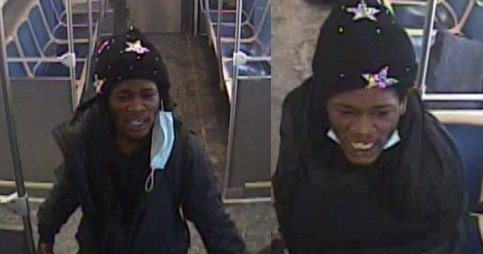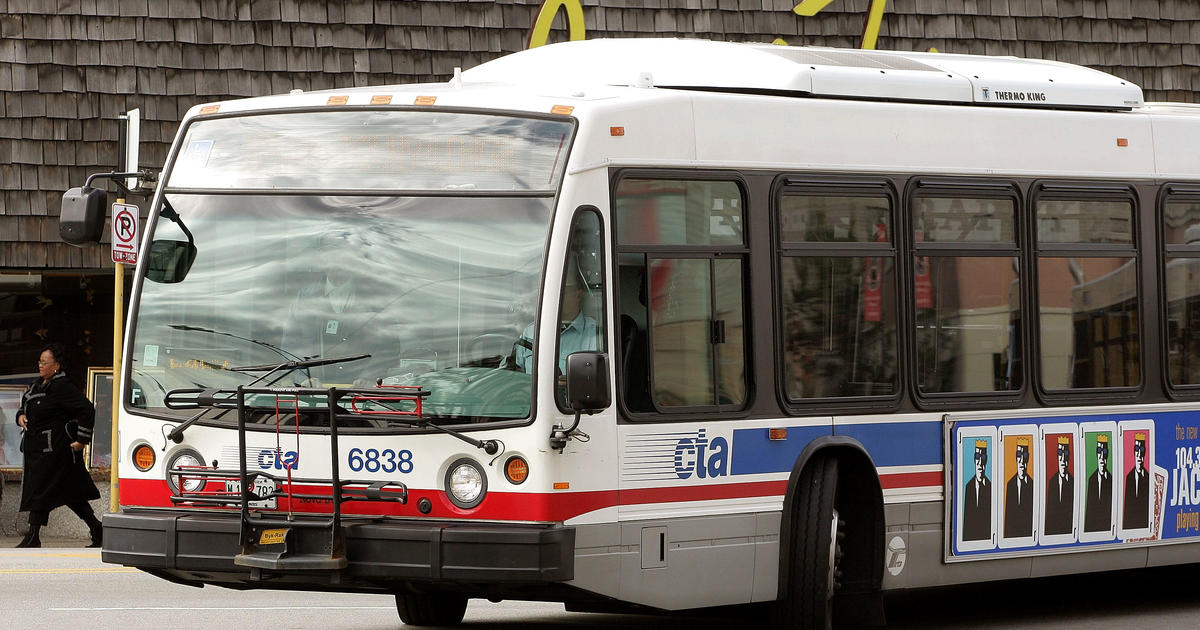Claypool: Whistleblower Off-Base On CTA Budget
CHICAGO (STMW) -- A former CTA employee who says he was axed for blowing the whistle on what he called unrealistic budget projections "has no clue what he's talking about,'' CTA President Forrest Claypool said Wednesday.
And the fact that, through March, the CTA's 2013 budget is coming in at $3.8 million less than projected is no big deal, Claypool told reporters after the CTA's monthly meeting.
"We have another eight, nine months to deal with a two-tenths-of-one-percent variance, which is a rounding error in a budget of this size,'' Claypool said.
The CTA will adjust expenses throughout the year to make sure the agency ends the year in balance, Claypool said. Some of the variance was blamed on a brutally cold and snowy January and February that left first quarter fare revenues $3 million under projections.
Claypool's comments came about a week after former CTA employee Casey Loop filed a whistleblower lawsuit against the transit agency, charging he was told he was being laid off less than three months after he tipped off the RTA that the CTA's 2013 budget had been packed with what he considered unrealistic and even "astonishing" projections.
They included a $56 million labor "credit" based on an assumption that 347 vacancies would remain vacant for an entire year, Loop said. Normally, budgets assume vacancies will not be filled for about three months, allowing for a 25 percent savings, said Loop.
However, Claypool said Wednesday the 2013 budget assumed a "reasonable" percent of the agency's 11,000 total positions would be vacant during the year.
"Every public budget has a reasonable allowance to reflect the fact that there are savings and salvage from the fact that all those positions aren't filled throughout the year,'' Claypool said. "The CTA is no different than the city of Chicago, Cook County, the Park District.''
Claypool said Loop "just didn't understand" and "has no clue what he's talking about."
Loop's suit states he was hired in February 2012 as a CTA budget project consultant; given a raise in July 2012; promoted in June 2013 to manager of performance analysis and then told in September 2013 that he was being laid off. However, Claypool insisted Loop did not get the June promotion.
"He was not promoted,'' Claypool said. "He volunteered to do some budget work, so that's not a promotion."
Loop's attorney, Betty Tsamis, said Wednesday that Loop "came forward in good faith because he believes in open and transparent government." She added: "We stand behind our pleadings.''
Claypool also told reporters the possibility that the CTA would have to acquire 259 parcels of land, including 95 residential buildings, to extend the Red Line from 95th to 130th Street was "a normal occurrence for any major extension.'' Such purchases are not unusual when a transit agency must create a "brand new railroad" in an urban area, Claypool said.
Up to 259 parcels would need to be seized under one of several alternatives being considered. That particular option would place an elevated track mostly east of existing Union Pacific tracks.
Far South Side Ald. Anthony Beale (9th), chairman of the City Council's Transportation Committee, said Wednesday he's concerned about the number of residential and business parcels that must be seized to make way for the Red Line extension.
But the alderman said he doesn't "want to alarm anyone" until the CTA makes a final decision on the precise route.
"At that point, we'll make sure people are well-compensated, well-protected and not taken advantage of," Beale said.
As for whether it's worth displacing hundreds to improve transportation for tens of thousands, Beale said: "We have to do what's in the best interest of the community. That is, making sure this 40-year-old promise is kept to run the Red Line to the end of the city. If that means displacement, we can get over that hurdle."
In other business, Claypool revealed that CTA bus drivers were expected to receive a bulletin Wednesday, reminding them to announce priority seating rules if a disabled rider is unable to find a seat. Priority seating is reserved first for the disabled, then seniors, then riders with strollers.
His comments came after Ray Yung, a disabled rider with crutches, complained that female riders with strollers have refused to give up their priority seats to him.
CTA officials also revealed that the No. 10 bus to the Museum of Science and Industry could be cancelled if its ridership does not increase. The CTA agreed Wednesday to increase the museum's contribution for that service from $39.28 an hour to as high as $47 an hour over the next two years. However, the bus averages 30 riders an hour; the system average is 50 riders an hour. It needs 106 riders an hour to break even, CTA Chief Planning Officer Carole Morey said.
Museum officials said they are investing $75,000 this year on an aggressive marketing campaign to try to boost ridership.
(Source: Sun-Times Media Wire © Chicago Sun-Times 2014. All Rights Reserved. This material may not be published, broadcast, rewritten, or redistributed.)







